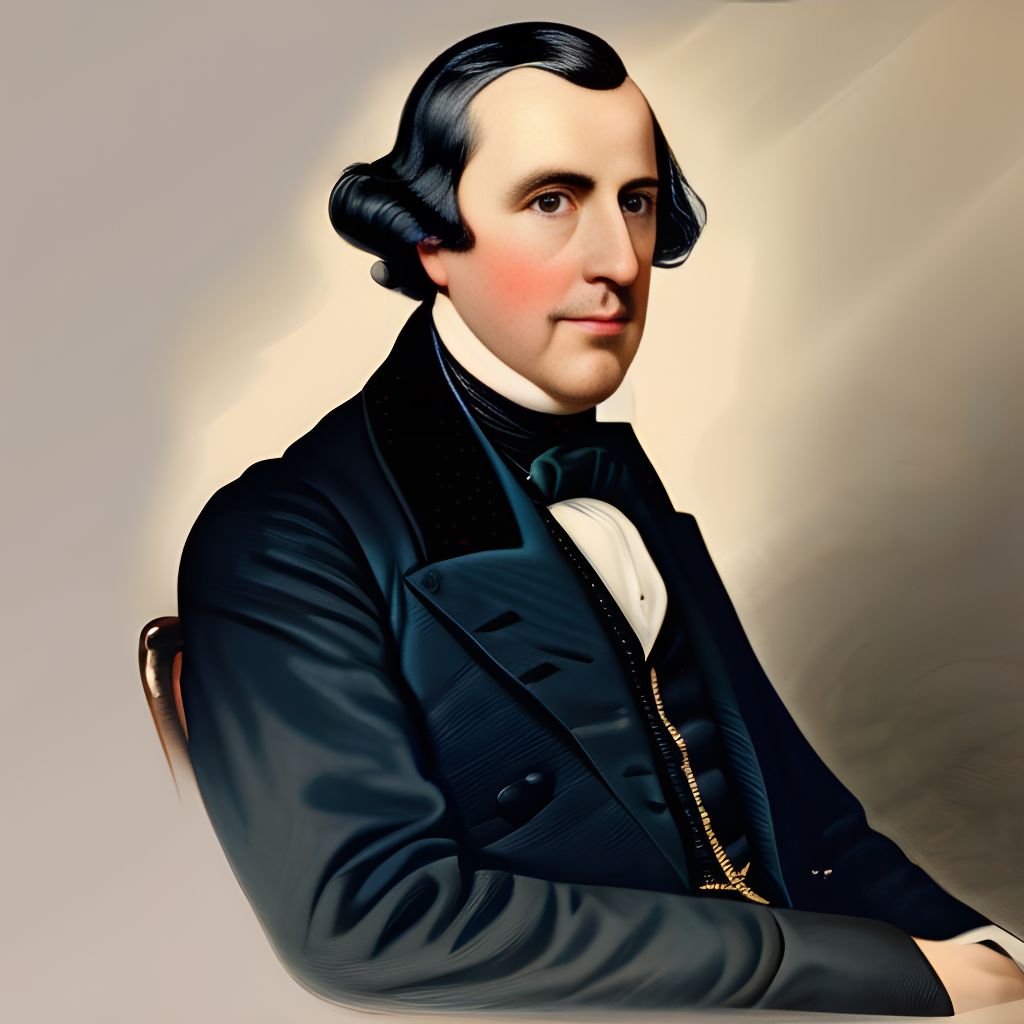Of our going up to Jerusalem; and of the division between parents and children
by
November 1st, 2023
Audio Presented by

Edwin Abbott Abbott FBA was an English schoolmaster, theologian, and Anglican priest, and author.
About Author
Edwin Abbott Abbott FBA was an English schoolmaster, theologian, and Anglican priest, and author.
